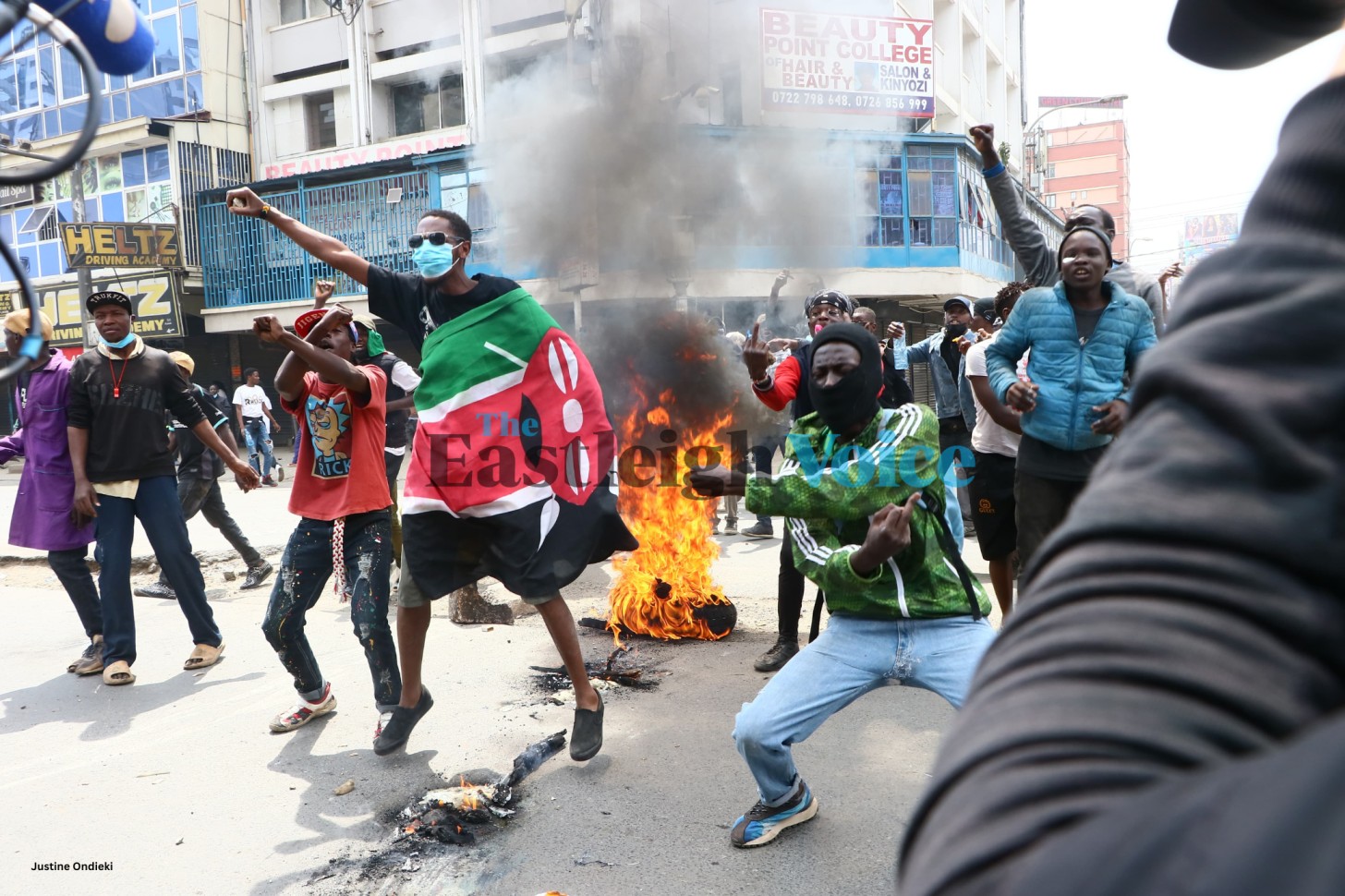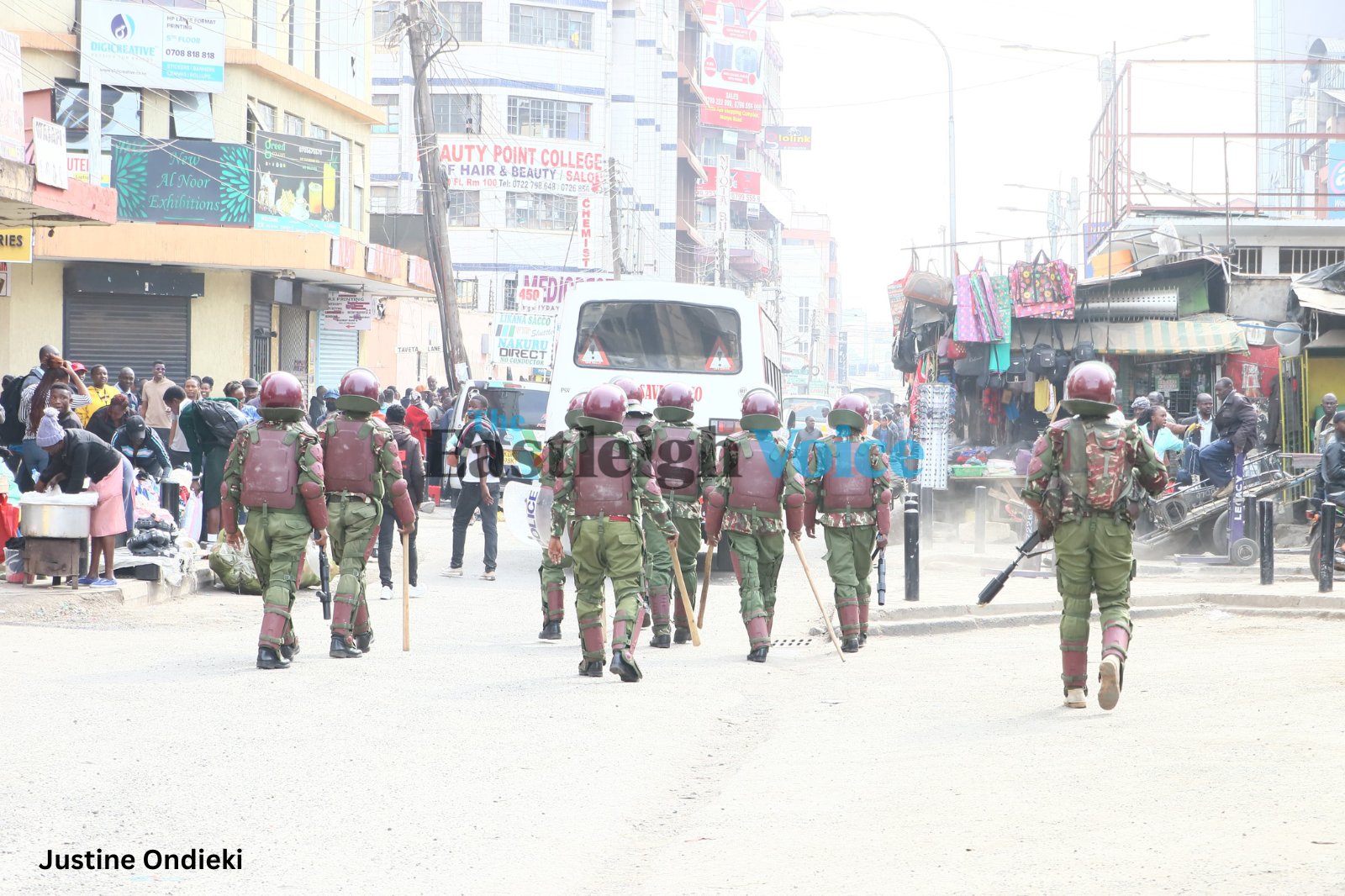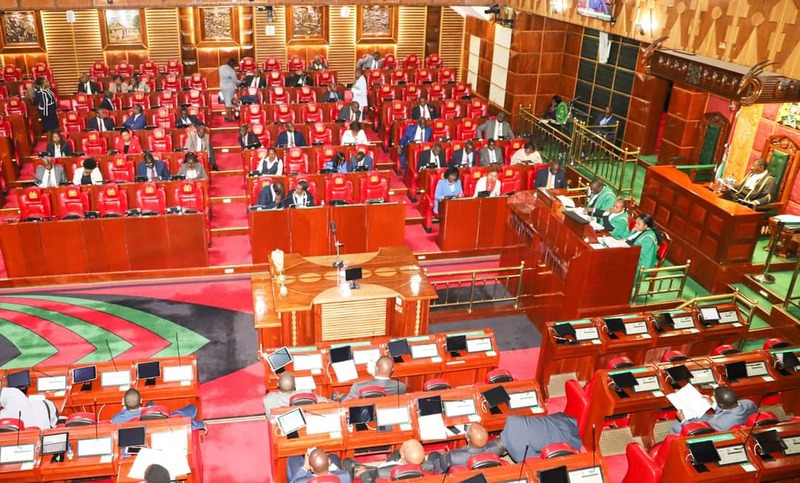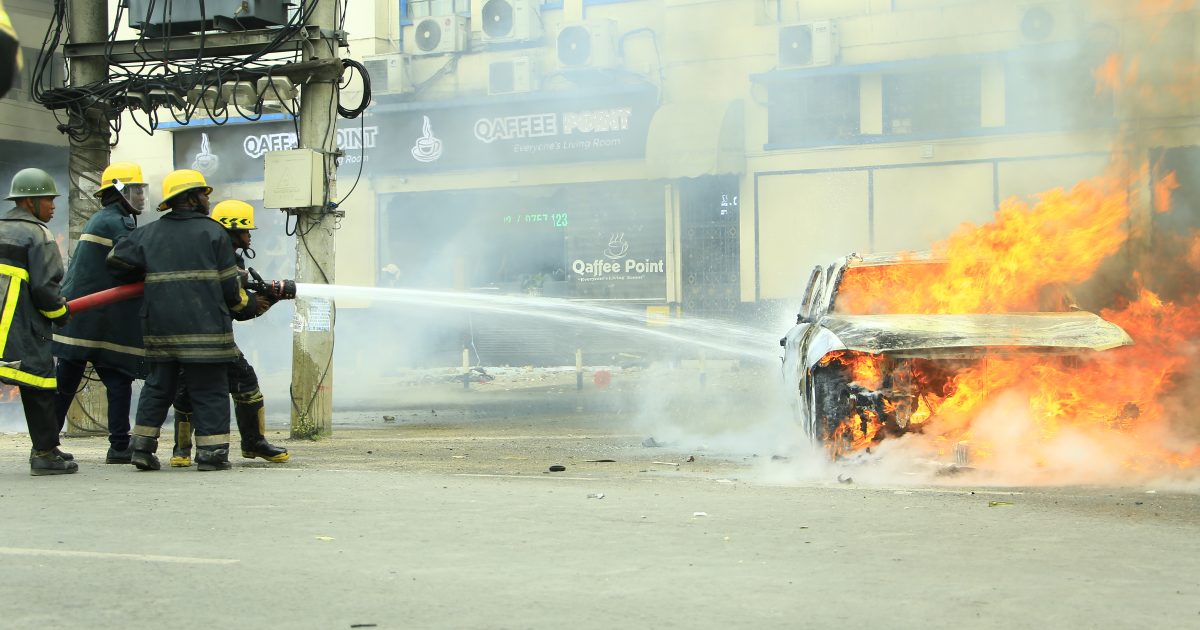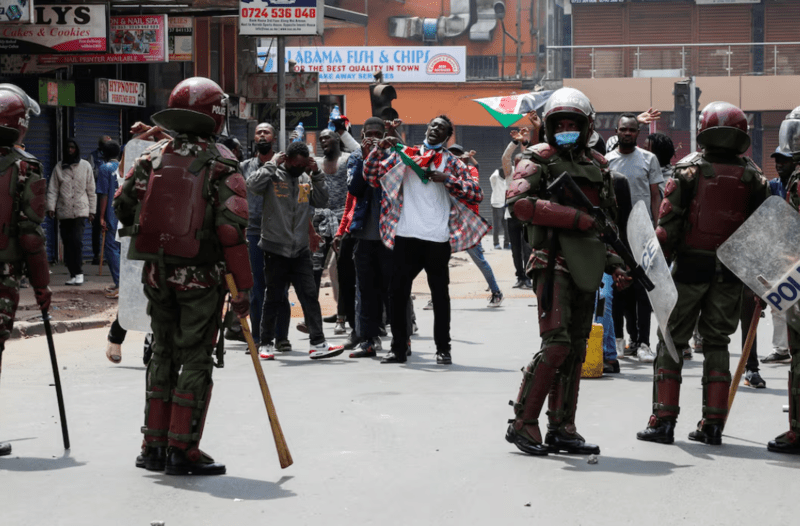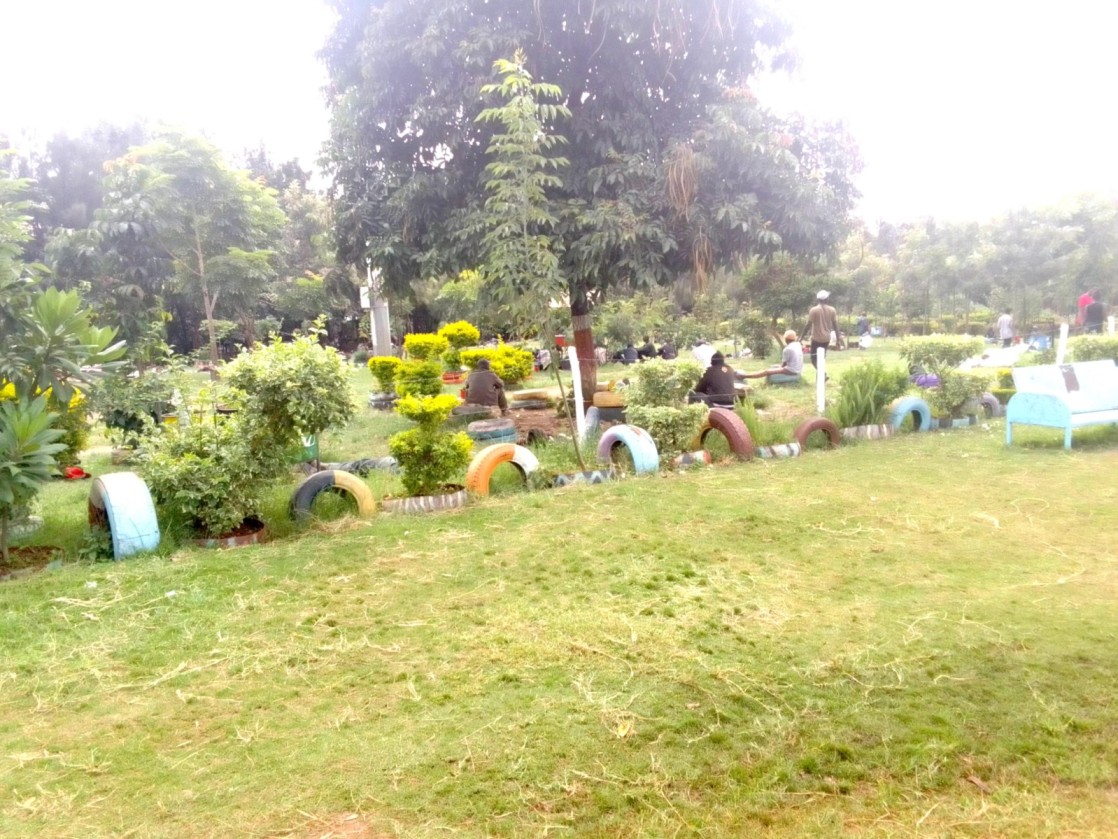Sakaja makes a U-turn, says recording Kanjo Askaris is allowed
On Monday, the Governor gave full authority to county officers popularly known as kanjos to arrest Kenyans recording them during raids.
Nairobi Governor Johnson Sakaja now says it’s okay to record city enforcement officers 'kanjos' during arrests, after previously ordering the arrests of people filming the officers.
Speaking during the State of Nairobi address to the Nairobi County Assembly on Thursday, Sakaja emphasised that recording the officers would improve accountability.
Keep reading
"To set the records straight, and to be clear, there is no problem whatsoever in recording officers as they perform their duties. If anything, it leads to increased accountability. You can even shoot a movie if you want. What we will not accept is obstructing them or inciting the public to turn against them as they perform their duties,” he stated.
However, the city boss warned that anyone obstructing the officers from carrying out their duties would face consequences.
"We have had unfortunate incidences where some of our officers have been attacked in the line of duty. This is unacceptable. We will not tolerate this. We must let our enforcement officers do their work. Obstruction of government officers fulfilling their mandate is a crime punishable by law and will be dealt with firmly," Sakaja stated.
Going further, the Governor announced that his administration is working on getting body cameras for the officers to ensure they are accountable while on duty.
“Part of the proposals we have is to introduce the use of body cameras on our officers so that the whole story can always be seen. When somebody takes a half a minute clip and blasts it on social media always half of the story is told. Let us have the full story," Sakaja added.
On Monday, the Governor gave full authority to county officers popularly known as kanjos to arrest Kenyans recording them during raids.
The Governor further complained that certain traders have acquired a habit of turning to theatrics whenever their businesses are investigated by inspectorate authorities. This, he added, equates to preventing kanjos from enforcing laws and regulations and carrying out their duties.
“Those people recording you arrest them too, that is obstruction of enforcement of justice. Do your work!,” Sakaja noted.





